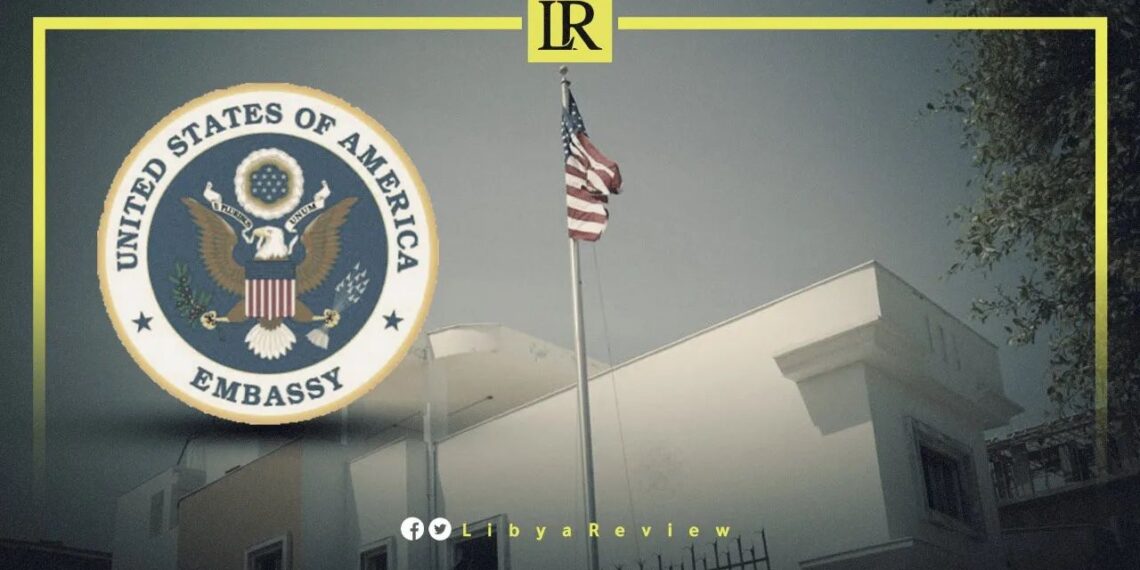On Friday, the US Embassy in Libya refuted circulating rumours alleging that Amentum, a US contractor, is providing training to armed groups within Libya under the auspices of the US government.
In a statement, the Embassy clarified that the claims are baseless and misrepresent Amentum’s activities. It emphasised that Amentum’s training programmes are conducted outside of Libya and are aimed at law enforcement personnel.
It added that Amentum serves as an implementing partner for the US State Department’s Antiterrorism Assistance Program, which is managed globally by the Bureau of Diplomatic Security. The programme focuses on providing training and support to law enforcement agencies worldwide to combat terrorism.
The Embassy’s statement comes amid escalating tensions and misinformation surrounding foreign involvement in Libya’s security landscape.
Contrary to reports suggesting Amentum’s involvement in training militias within Tripoli to integrate them into the Government of National Unity’s forces, the State Department has clarified that these activities are not happening inside Libya. Furthermore, the US government is not involved in training armed groups in the country. This clarification comes amid concerns about the training of militias and its implications for the stability and security of Libya.
Earlier this week, a State Department spokesperson told Agenzia Nova that the US is providing training to Libyan law enforcement personnel. This training, conducted outside Libya, is part of a globaState Department spokespersonl program aimed at law enforcement development, managed by the Office for Diplomatic Security.
This confirmation from the State Department spokesperson to Agenzia Nova addresses recent speculations about Amentum’s operations in Libya, specifically in the capital, Tripoli.
Amentum’s engagement in Libya marks a new venture for the company, known for its contracts in Benin and Somalia under the Africa Peacekeeping Program (Africap). This program, initiated by the US State Department, is designed to bolster the capabilities of African nations and regional bodies in conflict prevention, management, and resolution.
Libya remains politically divided since its last elections in 2014, which led to civil war and a subsequent ceasefire in November 2020. The country is currently governed by two opposing entities: the Government of National Unity in Tripoli, led by Prime Minister Abdel-Hamid Dbaiba, and the Government-designate in Benghazi, backed by the House of Representatives and the Libyan National Army under Field Marshal Khalifa Haftar.


